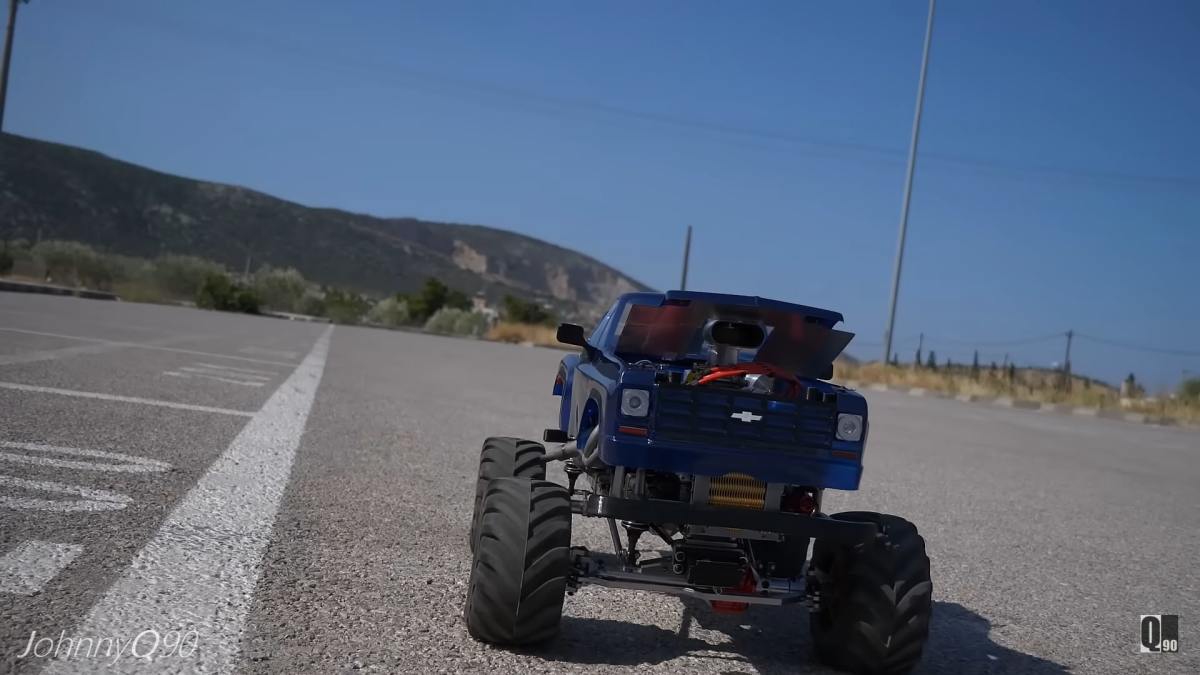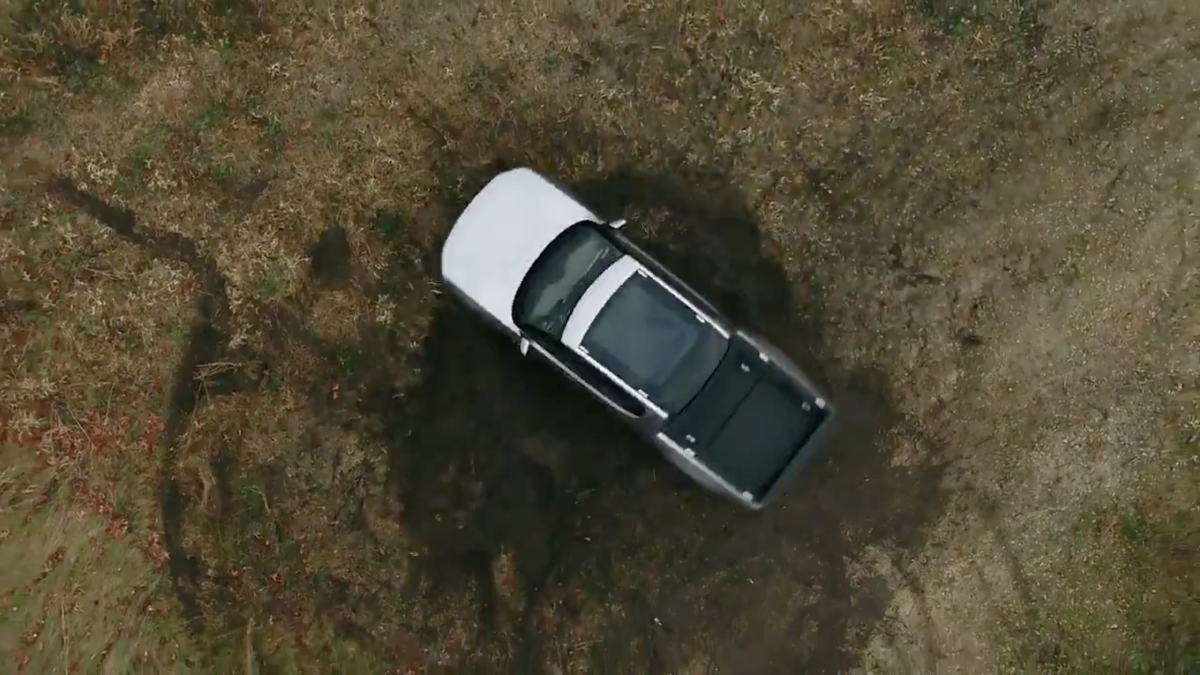Illinois Issues 5,000+ Tickets in a Single Day — Speed Awareness or Revenue Grab?
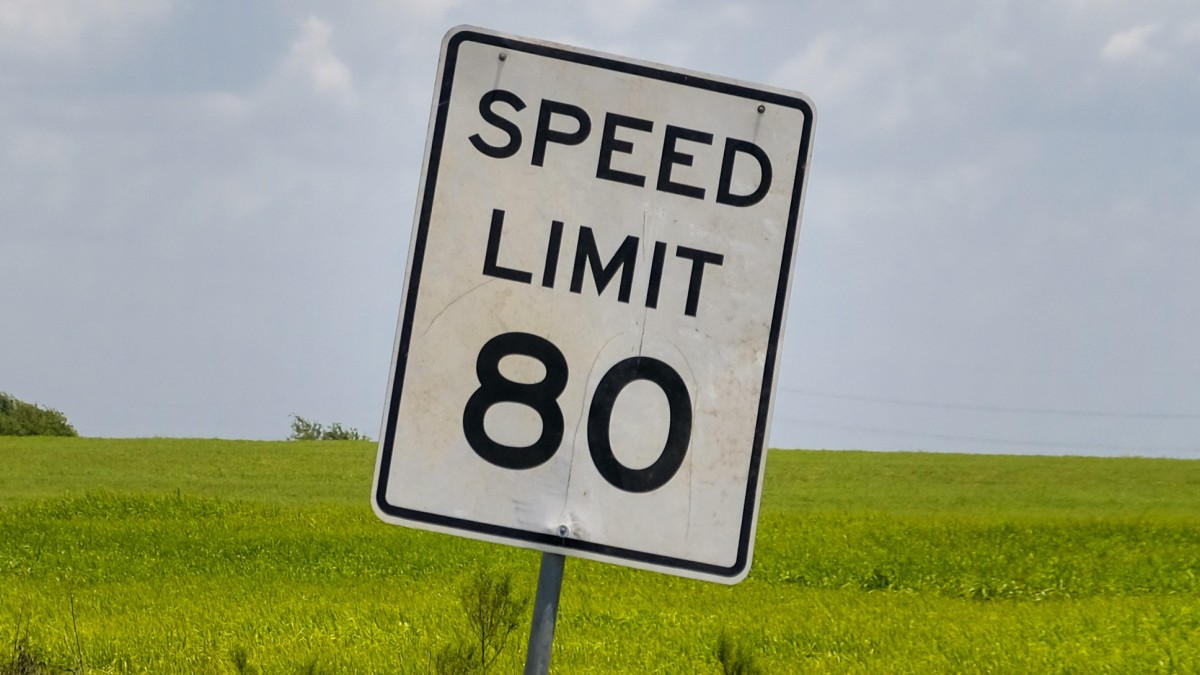
Illinois’ Speed Awareness Day this year ended with jaw-dropping numbers: 5,189 tickets issued in just 24 hours, alongside 4,140 warnings. That’s more than 215 citations an hour, turning July 23 into one of the most aggressive enforcement days in recent state history. For drivers, it looked like a crackdown. For police, it was about more than fines.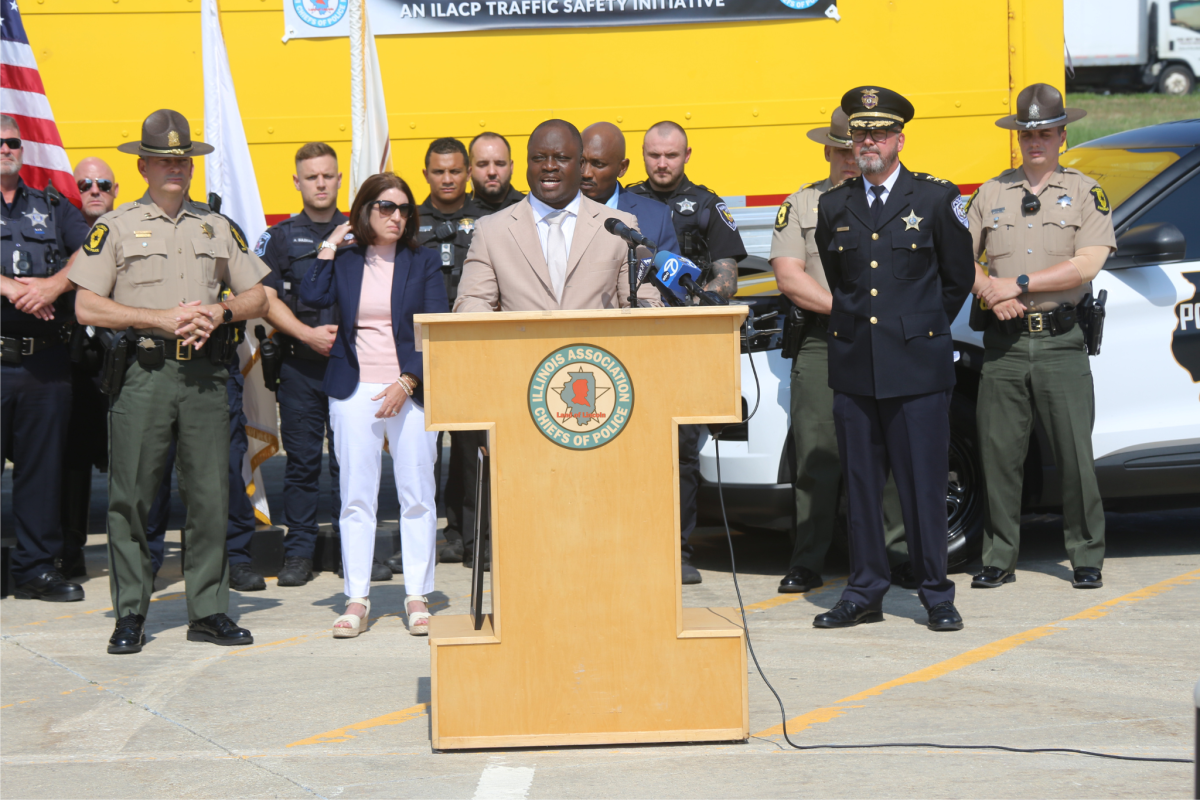
A Ticketing Blitz With Teeth
The coordinated campaign brought together 170 law enforcement agencies across Illinois, supported by the Illinois Association of Chiefs of Police, the National Highway Traffic Safety Administration, and the Illinois Department of Transportation. Officers logged over 4,500 hours of dedicated patrols, which led to 3,169 speeding citations, 2,020 other offenses, and 248 arrests for everything from DUIs to weapons charges. Police even recovered six firearms, found a missing person, and arrested a burglary suspect.
It’s proof that concentrated enforcement sweeps don’t just catch speeders — they can also uncover broader public safety issues. Yet it also highlights a growing national debate: when does targeted safety enforcement become over-policing? One state recently went so far as to introduce a controversial new law that threatens speeders with imprisonment, raising questions about whether such punishments cross the line from deterrent into excess.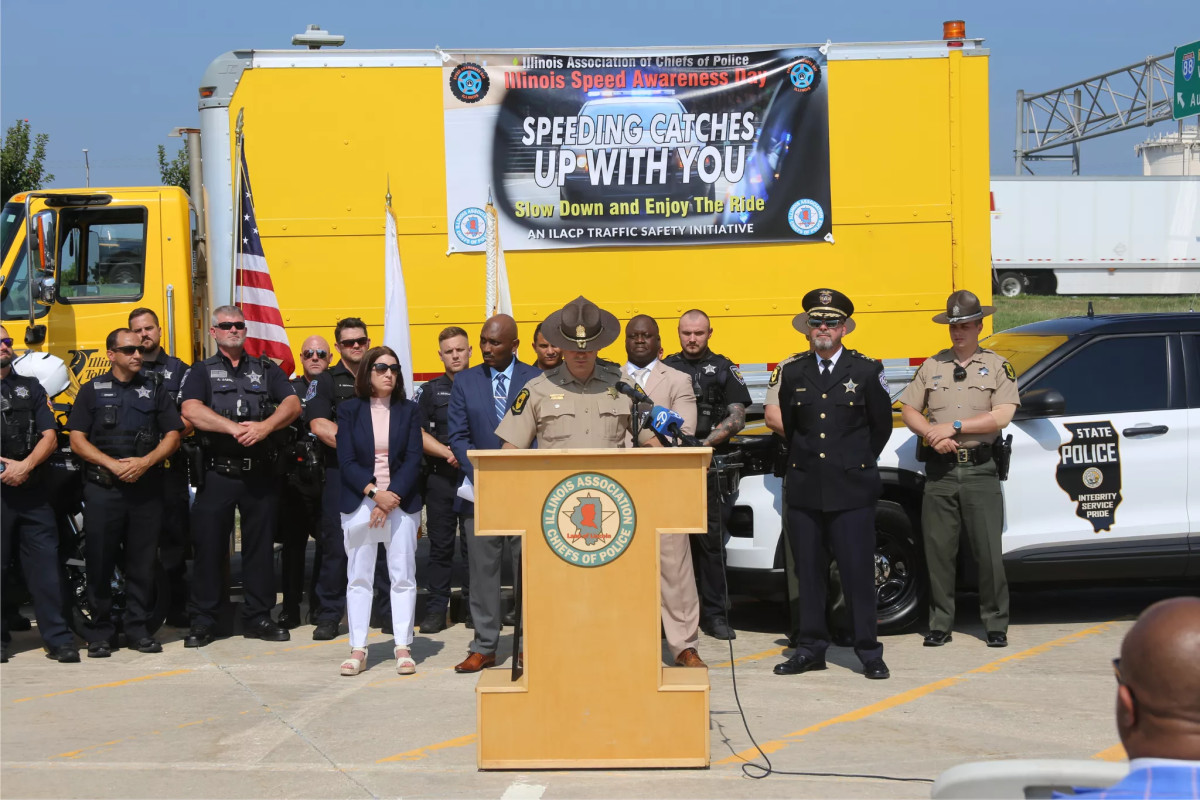
Why This Matters Beyond Illinois
The point of Speed Awareness Day is educational as much as punitive. Illinois officials note that speeding contributes to nearly half of traffic fatalities in the state, making awareness campaigns urgent. But critics argue that one-day crackdowns rarely change long-term driving behavior. The risk is that mass ticketing becomes a revenue generator rather than a life-saving effort.
Other states are experimenting with different approaches. In California, lawmakers have pushed for mandatory speed limiters that could automatically prevent drivers from going more than 10 mph over the posted limit. If adopted, it would make California the first state to tackle speeding through engineering rather than citations — though opponents warn it undermines driver freedom. Compared with that, Illinois’ blitz looks almost old-fashioned.
Culture Shift or One-Off Crackdown?
The challenge isn’t catching speeders for a day — it’s creating a driving culture that prioritises safety year-round. That’s where Illinois risks falling short. Without infrastructure redesigns, consistent education, or new tech interventions, the gains of Speed Awareness Day could evaporate by the following week.
And the push for stricter enforcement is hardly limited to the Midwest. Stricter penalties are trending both in the U.S. and abroad. Even celebrities aren’t spared — Emma Watson was recently banned from driving after topping 12 penalty points for speeding, proof that lawmakers on both sides of the Atlantic are taking a harder stance.
The Takeaway
Illinois’ 5,000-ticket day is a reminder that speeding isn’t a victimless offence. When nearly half of traffic deaths involve excessive speed, enforcement days serve a purpose. But if the ultimate goal is safer roads, ticketing blitzes can’t stand alone. Infrastructure, technology, and cultural shifts are needed to complement them. Otherwise, the headline number will repeat every year without ever bending the fatality curve.
What's Your Reaction?
 Like
0
Like
0
 Dislike
0
Dislike
0
 Love
0
Love
0
 Funny
0
Funny
0
 Angry
0
Angry
0
 Sad
0
Sad
0
 Wow
0
Wow
0
